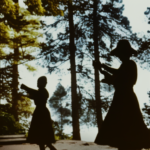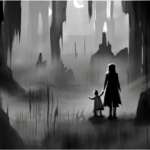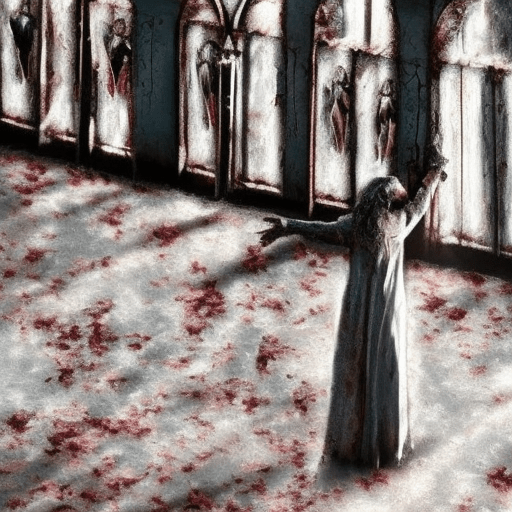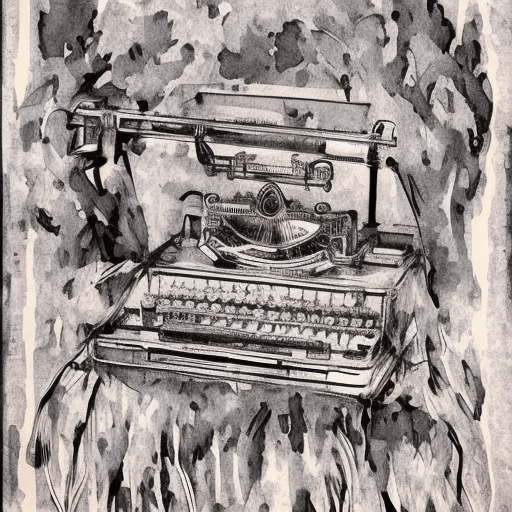One-line Summary:
Viridiana is a thought-provoking and controversial film directed by Luis Buñuel. It follows the story of a young novice nun who, after leaving the convent, tries to create a sanctuary for the poor and destitute. However, her altruistic intentions are met with resistance and chaos, leading her to question her faith and the nature of humanity.
Main Cast and Crew:
- Director: Luis Buñuel
- Writers: Luis Buñuel, Julio Alejandro
- Key Actors: Silvia Pinal as Viridiana, Francisco Rabal as Jorge, Fernando Rey as Don Jaime, Margarita Lozano as Ramona
- Music Director: Gustavo Pittaluga
- Director of Photography: José F. Aguayo
- Producers: Gustavo Alatriste, Pere Portabella
Plot:
Viridiana, a young novice nun, is about to take her final vows when she is summoned by her uncle, Don Jaime. He reminds her of her deceased aunt, who was his wife, and convinces her to visit him at his estate. Once there, Don Jaime tries to seduce Viridiana, but she resists and flees.
After her aunt’s death, Viridiana decides to use her inheritance to create a sanctuary for the poor. She invites a group of beggars to live on the estate, hoping to provide them with shelter and work. However, the beggars take advantage of her generosity and engage in debauchery and chaos.
Viridiana’s attempts to impose order and morality on the beggars fail, and she becomes disillusioned with her mission. She is further devastated when she discovers that her cousin, Jorge, who resembles her deceased aunt, has fallen in love with her. Their relationship becomes strained, and Viridiana’s faith is tested as she questions the nature of good and evil.
Themes and Motifs:
Religion and Hypocrisy: Viridiana’s journey explores the contradictions and hypocrisy within religious institutions. Buñuel critiques the idea of religious purity and challenges the notion that religious figures are inherently virtuous.
Human Nature: The film delves into the darker aspects of human nature, highlighting the capacity for greed, lust, and manipulation. Buñuel suggests that even those who appear virtuous are susceptible to base desires.
Social Class and Inequality: Viridiana’s attempt to help the poor exposes the stark social inequalities and the power dynamics between the wealthy and the destitute. Buñuel critiques the indifference of the upper class towards the suffering of the lower class.
Reception and Legacy:
Upon its release, Viridiana was met with controversy and was initially banned in Spain due to its critique of the Catholic Church. However, it went on to win the Palme d’Or at the 1961 Cannes Film Festival, solidifying Buñuel’s reputation as a master filmmaker.
The film’s provocative themes and Buñuel’s surrealist style have made it a landmark in cinema history. It continues to be studied and analyzed for its subversive commentary on religion, morality, and societal norms.
Recommendation:
Viridiana is a must-watch for cinephiles who appreciate thought-provoking and challenging cinema. Buñuel’s masterful storytelling and provocative themes make it a timeless classic that continues to resonate with audiences today.
Memorable Quote:
“I don’t believe in God, but I’m afraid of Him.” – Viridiana












